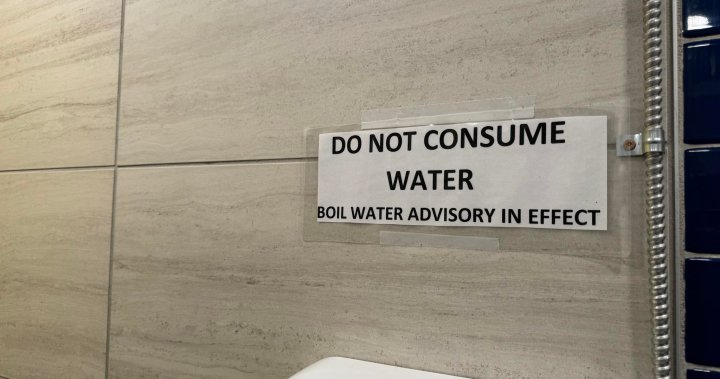Canada’s national vaccination advisory body is calling for high-risk individuals to get another COVID-19 booster shot, starting this spring.
New recommendation applies to all immunocompromised adults, many seniors

Canada’s national vaccination advisory body is calling for high-risk individuals to get another COVID-19 booster shot, starting this spring.
The new recommendations from the National Advisory Committee on Immunization (NACI) outline that an additional vaccine dose may be offered at a standard interval — six or more months from the last COVID-19 vaccine dose or SARS-CoV-2 infection, whichever is longer —for people at a higher risk of severe illness.
That includes:
- Adults 80 and up.
- Adult residents of long-term care homes and other congregate living settings for seniors or those with complex medical care needs.
- Adults 18 and up who are moderately to severely immunocompromised, either due to a medical treatment or underlying health condition.
- Adults 65 to 79, particularly if they don’t have a known prior history of SARS-CoV-2 infection.
Bivalent, Omicron-containing, mRNA-based COVID-19 vaccines are the “preferred” option for booster shots, NACI wrote.
NACI also said no further recommendations on booster doses are being made at this time, though the committee “will continue to monitor the SARS-CoV-2 epidemiology and emerging evidence, including duration of vaccine protection from bivalent booster doses in the coming months to provide recommendations on the timing of subsequent booster doses if warranted.”
As for the six-month interval timing, NACI stressed that evidence shows “the antibody response is higher with longer intervals between infection and vaccination and with longer intervals between vaccination doses,” though there is no safety risk associated with shorter intervals.
More to come.







More Stories
Improve balance and build core strength with this exercise
‘Sciatica was gone’: hospital performs robot-assisted spinal surgery in Canadian first | Globalnews.ca
Makeshift slaughterhouse in a residential garage points to growing concerns about illicit meat sales | CBC News